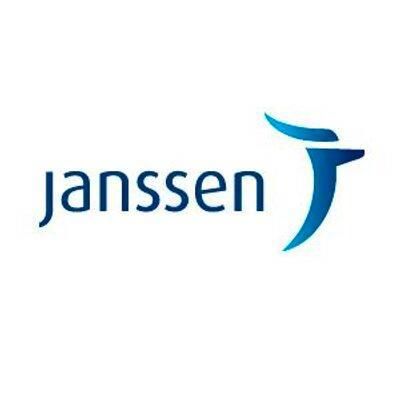Nipocalimab Shows Positive Results in Pregnant Patients at Risk for Hemolytic Disease of Fetus, Newborn
The rare condition can lead to life-threatening anemia in the fetus and currently lacks FDA-approved treatments.

According to an announcement made by the Janssen Pharmaceutical Companies of Johnson & Johnson today, phase 2 data from the open-label UNITY clinical trial of nipocalimab for the treatment of pregnant adults with high risk for severe hemolytic disease of the fetus and newborn (HDFN) offered positive topline results.1
The rare condition can lead to fatal anemia in the fetus, and no therapeutics have been approved for treatment at this time. A Fast Track designation was granted by the US Food and Drug Administration (FDA) in July 2019, followed by an orphan drug status in June 2020.
"These early results represent an important step towards delivering a potential medication for expectant mothers at high risk of severe HDFN, and we are encouraged by what this treatment could mean for families affected by this potentially devastating disease," Katie Abouzahr, MD, Vice President, Autoantibody Portfolio Development Leader, Janssen Research & Development, LLC, said in a statement accompanying the news.
Results demonstrated that a majority of pregnant patients treated with nipocalimab achieved a live birth at the gestational age of 32 weeks, or after, without requiring intrauterine transfusion (IUT) at any time during pregnancy, therefore meeting the primary endpoint of the trial. Based on the safety profile observed during the approximate 20-week treatment period, further development of the monoclonal antibody is supported.
"We look forward to sharing the full phase 2 results of the UNITY trial at an upcoming scientific medical meeting while we continue to plan for a pivotal phase 3 trial," Abouzahr continued.
References:
- Janssen Reports Positive Topline Phase 2 Results for Nipocalimab in Pregnant Individuals at High Risk for Severe Hemolytic Disease of the Fetus and Newborn (HDFN). News release. Janssen Pharmaceutical Campanies of Johnson & Johnson. February 06, 2023. https://www.prnewswire.com/news-releases/janssen-reports-positive-topline-phase-2-results-for-nipocalimab-in-pregnant-individuals-at-high-risk-for-severe-hemolytic-disease-of-the-fetus-and-newborn-hdfn-301738963.html